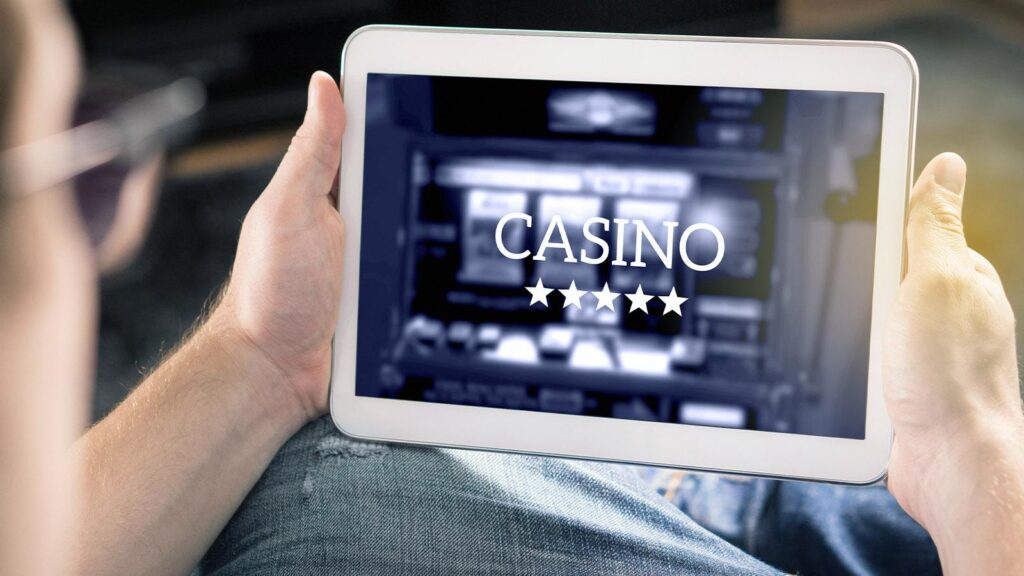Millennials Nearly 60% Of High-Value Online Casino Bettors: Study

Promo Code: BOOKIESBG150
Promo Code: Bonus Code: BOOKIESBG150
As legalized sports betting and iGaming proliferate in the United States, regulators and operators continue to struggle with balance between creating a healthy and profitable ecosystem against the concerns shared by all in terms of responsible gaming.
Millennials now account for 57% of high-value online bettors at online casinos, those spending $500 or more per month. High-value bettors are usually high-income earners with the best credit scores. But they are also more likely to be delinquent for paying bills, loans and child support, becoming high-risk players.
Millennials are those considered to be between the ages of 28 and 43.
The push and pull between high-value and high-risk players continues to intensify with each new legal iGaming market, in addition to the continued proliferation of illegal and offshore sites.
Those findings highlight the TransUnion U.S. Betting Report released Tuesday. The company surveyed the betting engagement practices of 3,000 adults in late April to early May 2024.
“As we’ve found in prior reports, the majority of betting consumers can afford this form of entertainment,” said Declan Raines, head of TransUnion’s gaming business in a release highlighting the study's findings. “In fact, having a significant bump in income was the primary correlating factor to whether consumers bet, regardless of income level. This suggests most consumers only wager what they can well afford to lose.”
Study Breakdown: Millennials And iGaming
Here are the results from the TransUnion study on millennials and iGaming.
| Online Bettors | Retail Bettors | Non- Bettors | |
|---|---|---|---|
| Expect to be unable to pay any current bill or loan in full | 44% | 43% | 24% |
| Past due status for any bill or loan for 90 days or more over past 12 months | 49% | 42% | 18% |
| Contacted by a collection agency for past due bill or loan payments in past 12 months | 54% | 45% | 17% |
| Have been court-ordered to make child support payment in past month | 14% | 13% | 1% |
Operators Face Heightened Scrutiny In Future
These findings reiterate concerns expressed by regulators and responsible gaming advocates in the wake of the expansion of iGaming and sports betting across the U.S. Currently, 47 states allow some form of casino gaming. And 27 of them allow commercial betting.
The American Gaming Association reports that there are 1,011 casinos in the United States, generating an economic impact of $328.6 billion annually. The tax impact and shared tribal gaming revenue generated $52.7 billion for state coffers. Meanwhile, 38 states and the District of Columbia allow some form of sports betting, And with each new market, the scrutiny by those in the media (informed or otherwise), public officials and problem gaming advocates increases.
Several states, including Massachusetts, are working toward making it easier for gamblers to enter their voluntary self-exclusion list. Some in Washington are pushing for a national self-exclusion list.
The Gambling addiction Recovery, Investment and Treatment Act would allot 50% of the federal excise tax levied on sports betting operators net revenue to fund programs for addiction prevention, research and treatments.
The National Council on Problem Gambling figures tag the annual cost of problem gambling at $14 billion. It estimates that 9 million American adults suffer from gambling addiction.
A study by the Social and Economic Impacts of Gambling in Massachusetts (SEIGMA) research team at the University of Massachusetts Amherst released in April found that the introduction of casino betting in the state back in 2015 did not cause an increase in the percentage of the population who were problem gamblers. Massachusetts sports betting launched in 2023.
“Operators are keenly aware of the need to balance commercial performance with player protections,” said Raines. “The crucial next step will be to demonstrate proactive measures that protect consumers to regulators and consumer advocates. This can be achieved by leveraging their vast first party data combined with consumer insights which together can help them proactively identify high risk players without introducing unnecessary friction to the majority of consumers who play within their means.”
Differences Between Online, Retail Bettors Stark
The study also found that consumers who bet online and in land-based casinos appear to have a financial advantage, compared to non-bettors. It found that 20% of online bettors and 18% of land-based bettors indicated their incomes increased a lot within the past three months—compared to just 4% of non-bettors. Similarly, 55% of online bettors and 58% of land-based bettors have good or excellent credit scores, while only 50% of non-bettors said the same.
The study reports that income and credit scores were higher among bettors, but they were also more prone to patterns that indicate poor financial management. And this divergence was more pronounced with high-value players.
About the Author

Bill Speros is an award-winning journalist and editor whose career includes stops at USA Today Sports Network / Golfweek, Cox Media, ESPN, Orlando Sentinel and Denver Post.